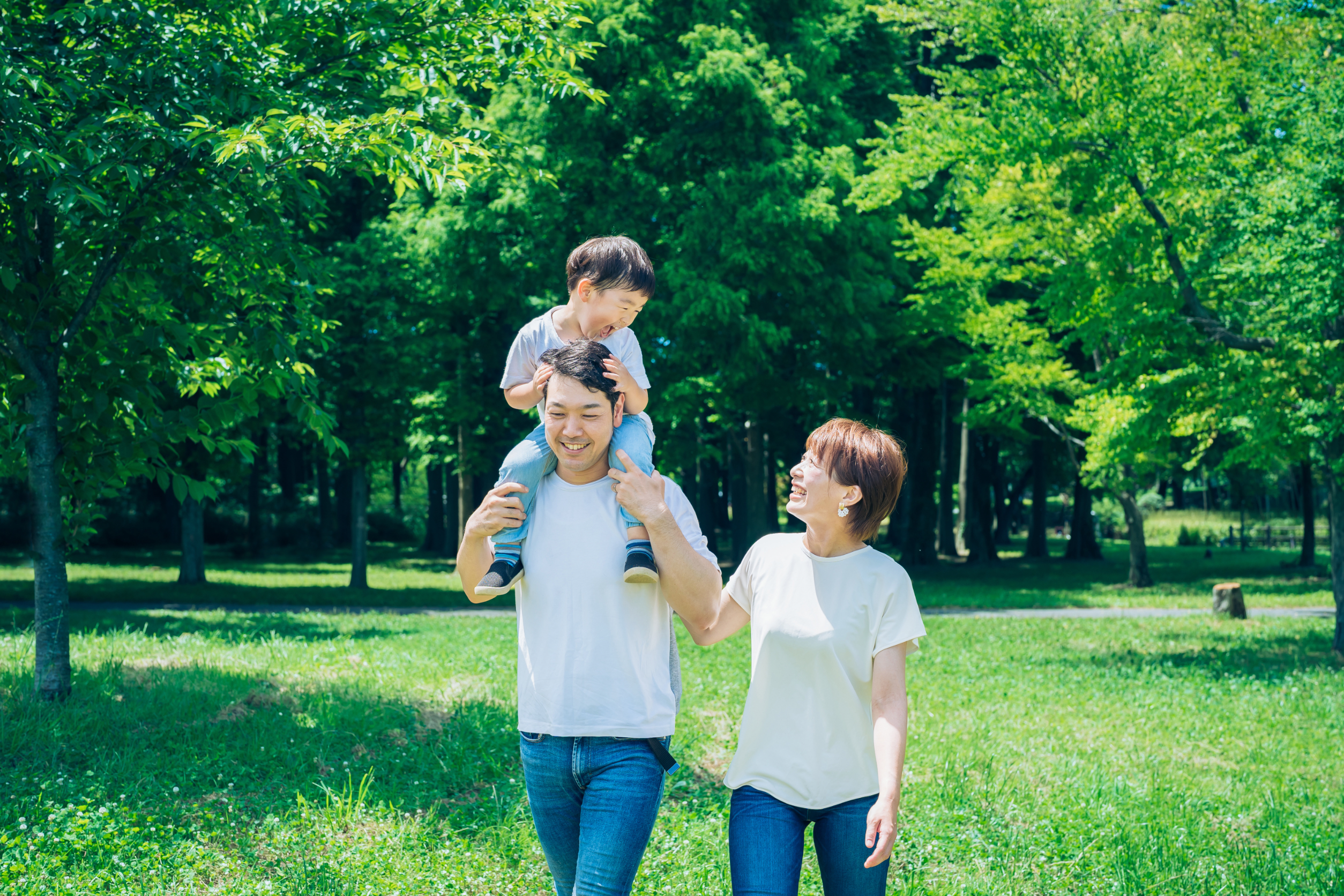Japan mandates flexible work options for parents
- Josephine Tan
- Topics: Compensation and Benefits, Compliance, DE&I, Employment Law, Home Page - News, Japan, News

Japan has enacted changes to its labour laws, requiring organisations to offer flexible work arrangements and extending leave policies for employees with young children. The move aims to address the nation’s declining birthrate and create a more gender-equal work environment.
Effective April 2025, the revised childcare and nursing care leave law mandates several key changes. Organisations must now provide employees with preschool-aged children (three and above) at least two flexible work options, such as remote work, shorter work hours, or staggered schedules. Efforts must also be made to accommodate remote work for parents with children under the age of three.
The legislation also extends leave policies. The exemption from overtime work for employees with young children is now valid until their child enters elementary school, up from the previous age of three. Additionally, childcare leave for sick or injured children has been expanded to cover up to the third grade and can now be used for nursery school entrance and during school closures due to infectious diseases.
Increased transparency is another key aspect of the revised law. Organisations with over 300 employees must now disclose the percentage of male employees taking childcare leave, while those with over 100 employees are required to establish targets for such leave.
READ MORE: Gender disparities persist in parental leave durations in Japan
And to prevent employee turnover due to eldercare responsibilities, organisations must provide information on public support programmes to employees aged 40 and above, reported The Japan Times.
Complementing these legislative changes, the government will survey child-rearing support programmes across the nation’s 1,741 municipalities, aiming to compile a comprehensive database by March 2025. This data will be integrated into private-sector child-rearing support apps, ensuring parents and guardians have access to critical information and benefits, including mandatory medical examinations for children.






